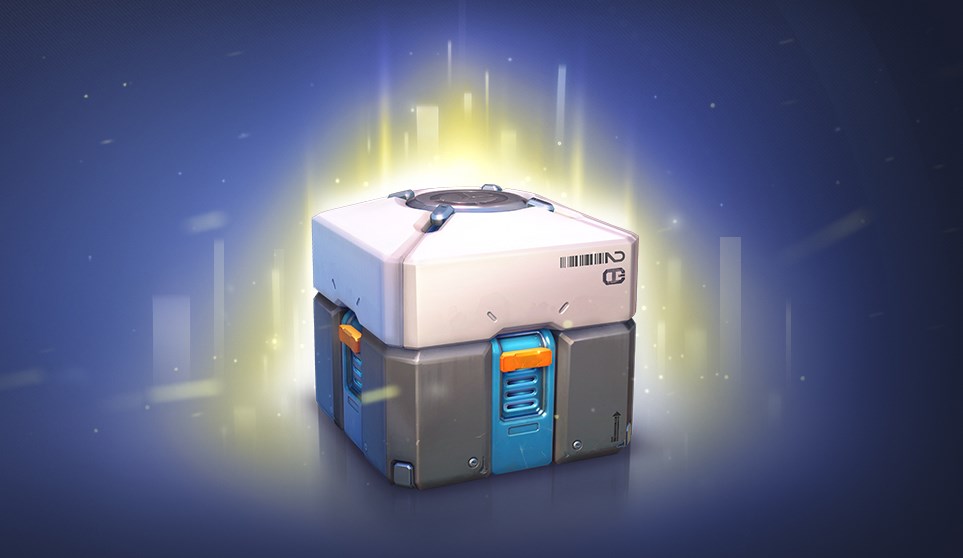Chinese law will force game makers to reveal loot box drop rates
The incoming regulation could have an impact far beyond China's borders.

A new law in China that's set to come into effect on May 1, 2017 will compel game makers to reveal the odds of item drops from loot boxes. Instead of guessing at the likelihood of a game's best swag falling out when a crate is opened, or relying on experiments like this one, players will actually know the numbers up-front.
The relevant bits of the law, as translated by NeoGAF poster chillybright:
- 2.6 ... Online game publishers shall promptly publicly announce information about the name, property, content, quantity, and draw/forge probability of all virtual items and services that can be drawn/forge on the official website or a dedicated draw probability webpage of the game. The information on draw probability shall be true and effective.
- 2.7 Online game publishers shall publicly announce the random draw results by customers on notable places of official website or in game, and keep record for government inquiry. The record must be kept for more than 90 days. When publishing the random draw results, some measures should be taken place to protect user privacy.
The law only applies in China, but it's not difficult to see how it could have an effect that goes well beyond its borders. The information will presumably be accessible to people outside of China, for one thing, so the drop rates of internationally available games will be known to all. It's possible that developers could establish drop percentages that are exclusive to China, but the optics would be so lousy that I can't imagine anyone actually doing it.
It's also not unreasonable to expect that the mere existence of the law will have at least some impact on studios who aren't bound by it. If players know the drop rates of "game A," and they think the rates of "game B" are lower, well, that's the sort of thing they might make some noise about. It might even become a selling point, as studios could attempt to draw in new players by promising better odds of getting high-value items. Knowing the odds won't improve them for individual drop, but it could spur developers to make them better overall—especially for games that are struggling to find an audience.
Keep up to date with the most important stories and the best deals, as picked by the PC Gamer team.

Andy has been gaming on PCs from the very beginning, starting as a youngster with text adventures and primitive action games on a cassette-based TRS80. From there he graduated to the glory days of Sierra Online adventures and Microprose sims, ran a local BBS, learned how to build PCs, and developed a longstanding love of RPGs, immersive sims, and shooters. He began writing videogame news in 2007 for The Escapist and somehow managed to avoid getting fired until 2014, when he joined the storied ranks of PC Gamer. He covers all aspects of the industry, from new game announcements and patch notes to legal disputes, Twitch beefs, esports, and Henry Cavill. Lots of Henry Cavill.

